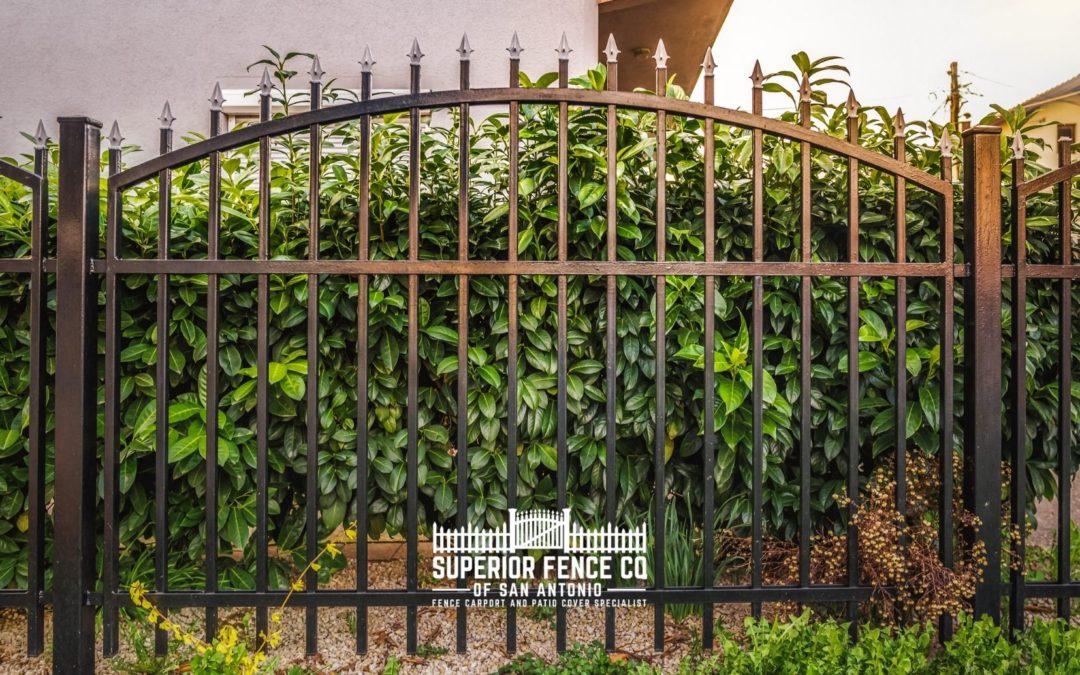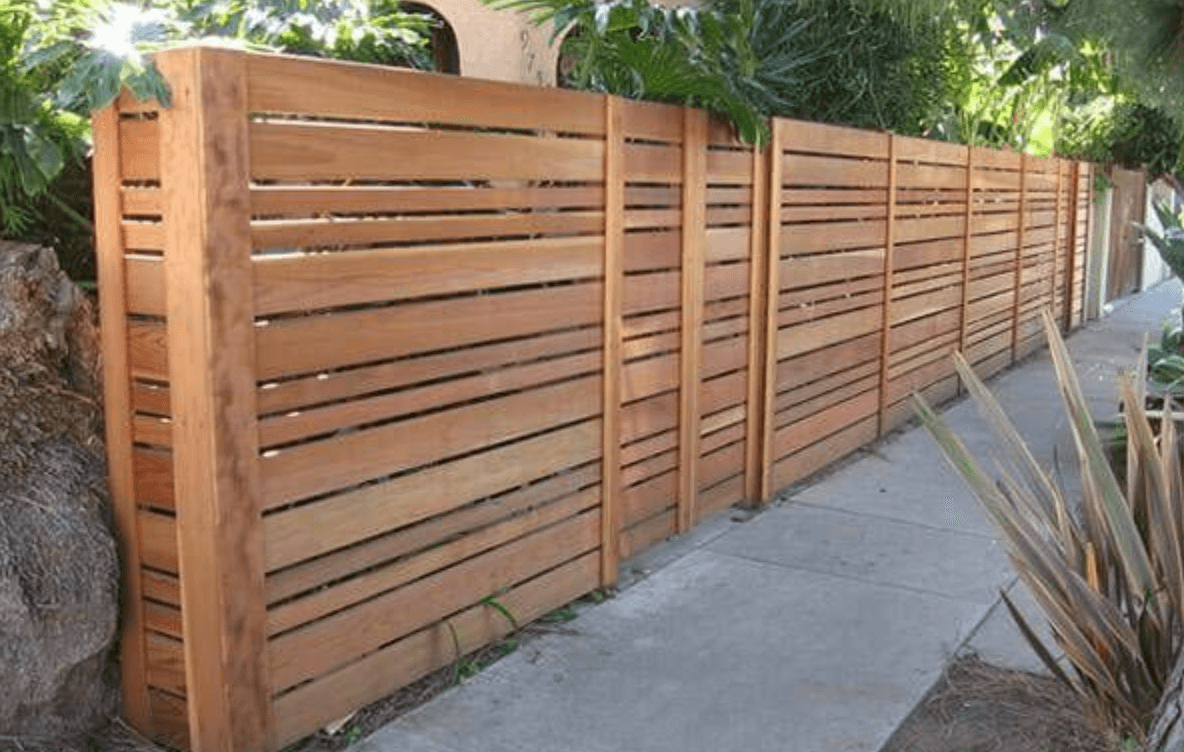All Categories
Featured

When it comes to selecting the most effective fence product for sturdiness, wrought iron stands out as one of the most reputable and resilient choices offered. Known for its strength, visual allure, and capability to withstand numerous weather, wrought iron is a preferred choice for both property and business properties. However just how does it contrast to various other fence materials in terms of long life and performance? Allow's take a more detailed check out wrought iron secure fencing and just how it compares to options like aluminum, vinyl, and timber.
Stamina and Durability of Wrought Iron Fence. Wrought iron is a solid, heavy-duty material that's developed to last for decades, otherwise longer. Unlike lots of various other fencing choices, wrought iron can sustain harsh ecological problems, including extreme warmth, heavy rain, and also strong winds. This makes it an excellent selection for homes found in locations with unforeseeable weather. Due to the fact that it is a steel, wrought iron is not prone to the damage that timber fencings commonly experience, such as deteriorating, bending, or insect invasions.
Longevity: Wrought iron fences are incredibly difficult and can hold up against effects and other types of physical anxiety that could damage other products. When effectively maintained, they can last for 50 years or more, making them a financial investment that will supply long-lasting value.
Wrought Iron vs. Wood Secure fencing. Wood fences, while conventional and visually pleasing, usually need more upkeep and have a shorter life expectancy contrasted to wrought iron. Wood is susceptible to rot, termites, and weathering in time, every one of which can endanger its structural honesty. Additionally, timber fencings may require to be replaced or fixed every 10 to twenty years, depending on the climate and the kind of timber utilized.
Upkeep: While timber fencings require to be regularly treated with sealers, spots, or paints to preserve their look and durability, wrought iron fences generally call for a lot less maintenance. They may require periodic cleaning or painting to stop corrosion, specifically in moist or coastal locations, but they won't struggle with the exact same kinds of destruction as wood.
Long life: While a well-kept wood fence may last 20 to 30 years, wrought iron can go beyond that life expectancy by numerous years, making it a more durable selection in the lengthy run.
Wrought Iron vs. Plastic Fence. Vinyl fencing has become a preferred choice to wood due to its reduced maintenance and resistance to the components. Unlike wood, plastic doesn't rot or warp, and it does not require to be repainted or dealt with.
Toughness: While plastic is resistant and fairly long lasting to rot and fading, it still can not match the long-lasting stamina and strength of functioned iron. A vinyl fence may last around 20 to thirty years, depending on environmental elements, yet it does not have the structural stability that wrought iron supplies.
Upkeep: Vinyl calls for minimal upkeep compared to wood, however it can still discolor gradually, specifically in locations with extreme sunlight exposure. Wrought iron may need occasional corrosion avoidance treatments yet typically requires fewer interventions than plastic.
Wrought Iron vs. Aluminum Secure Fencing. Aluminum is another steel alternative to wrought iron, and while it shares several of the toughness attributes of functioned iron, it is usually less durable and strong. Aluminum is extra resistant and light-weight to rust and deterioration, making it a prominent choice for low-maintenance fence. Nonetheless, it's not as strong as wrought iron and may be a lot more prone to bending or nicking under pressure.

Longevity: Wrought iron is significantly more powerful and extra resilient than light weight aluminum. While aluminum fences can last for several years, they might not hold up as well in high-traffic or high-impact areas. In comparison, functioned iron is far more resistant to physical damages and can better hold up against stress and pressure.
Upkeep: Both functioned iron and aluminum fencings need some maintenance, mainly to avoid rust. Aluminum is much less most likely to corrosion than functioned iron, making it a much more low-maintenance alternative in areas with high moisture or seaside salt exposure.
Last Ideas: Wrought Iron's Longevity Advantage. Wrought iron stands out as one of the most sturdy fence products offered, outperforming wood, vinyl, and light weight aluminum in regards to toughness, longevity, and general efficiency. While it does call for occasional upkeep, particularly to prevent rust, its capability to withstand extreme climate problems, physical stress, and the test of time makes it an excellent financial investment for home owners and companies looking for a resilient, safe and secure fence remedy.
For those who focus on toughness and durability most of all else, functioned iron is an unequalled selection. Whether you're safeguarding a property, boosting the appearance of your backyard, or supplying security for a business site, functioned iron fence will certainly offer years of durability and visual appeal that few various other materials can match.
Latest Posts
Explore Montclare Auto Repair’s Premier Car Care Solutions and Why Drivers Choose Them
Published May 28, 25
1 min read
Explore Best Auto Repair Care in Chicago – Drive with Confidence
Published May 25, 25
1 min read
Reputable Industrial Roofing Services by Weathercraft
Published May 24, 25
1 min read
More
Latest Posts
Explore Montclare Auto Repair’s Premier Car Care Solutions and Why Drivers Choose Them
Published May 28, 25
1 min read
Explore Best Auto Repair Care in Chicago – Drive with Confidence
Published May 25, 25
1 min read
Reputable Industrial Roofing Services by Weathercraft
Published May 24, 25
1 min read